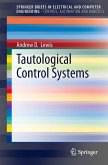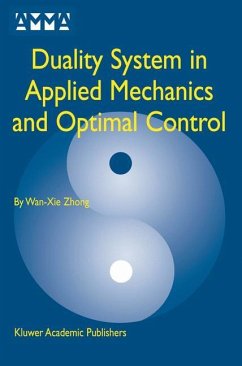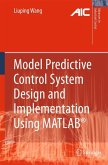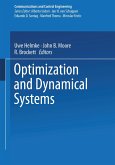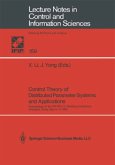Control Theory is at the heart of information and communication technologies of complex systems. It can contribute to meeting the energy and environmental challenges we are facing.
The textbook is organized in the way an engineer classically proceeds to solve a control problem, that is, elaboration of a mathematical model capturing the process behavior, analysis of this model and design of a control to achieve the desired objectives.
It is divided into three Parts. The first part of the text addresses modeling aspects through state space and input-output representations. The notion of the internal state of a system (for example mechanical, thermal or electrical), as well as its description using a finite number of variables, is also emphasized. The second part is devoted to the stability analysis of an equilibrium point. The authors present classical tools for stability analysis, such as linearization techniques and Lyapunov functions.
Central to Control Theory are the notions of feedback and of closed-loop, and the third part of the textbook describes the linear control synthesis in a continuous and discrete-time framework and also in a probabilistic context. Quadratic optimization and Kalman filtering are presented, as well as the polynomial representation, a convenient approach to reject perturbations on the system without making the control law more complex. Throughout the text, different examples are developed, both in the chapters and in the exercises.
The textbook is organized in the way an engineer classically proceeds to solve a control problem, that is, elaboration of a mathematical model capturing the process behavior, analysis of this model and design of a control to achieve the desired objectives.
It is divided into three Parts. The first part of the text addresses modeling aspects through state space and input-output representations. The notion of the internal state of a system (for example mechanical, thermal or electrical), as well as its description using a finite number of variables, is also emphasized. The second part is devoted to the stability analysis of an equilibrium point. The authors present classical tools for stability analysis, such as linearization techniques and Lyapunov functions.
Central to Control Theory are the notions of feedback and of closed-loop, and the third part of the textbook describes the linear control synthesis in a continuous and discrete-time framework and also in a probabilistic context. Quadratic optimization and Kalman filtering are presented, as well as the polynomial representation, a convenient approach to reject perturbations on the system without making the control law more complex. Throughout the text, different examples are developed, both in the chapters and in the exercises.
From the reviews:
"Researchers with a good mathematical background will like this work if they wish to learn the basics of control theory or just need a good reference book with fundamental results on hand. ... the book is indeed a primer, and therefore it presents a basic set of topics that are typically addressed in a first course on control theory. ... The book can be helpful as a source of simple examples and proofs for a teacher introducing control theory." (Piotr Cholda, Computing Reviews, April, 2014)
"Researchers with a good mathematical background will like this work if they wish to learn the basics of control theory or just need a good reference book with fundamental results on hand. ... the book is indeed a primer, and therefore it presents a basic set of topics that are typically addressed in a first course on control theory. ... The book can be helpful as a source of simple examples and proofs for a teacher introducing control theory." (Piotr Cholda, Computing Reviews, April, 2014)


